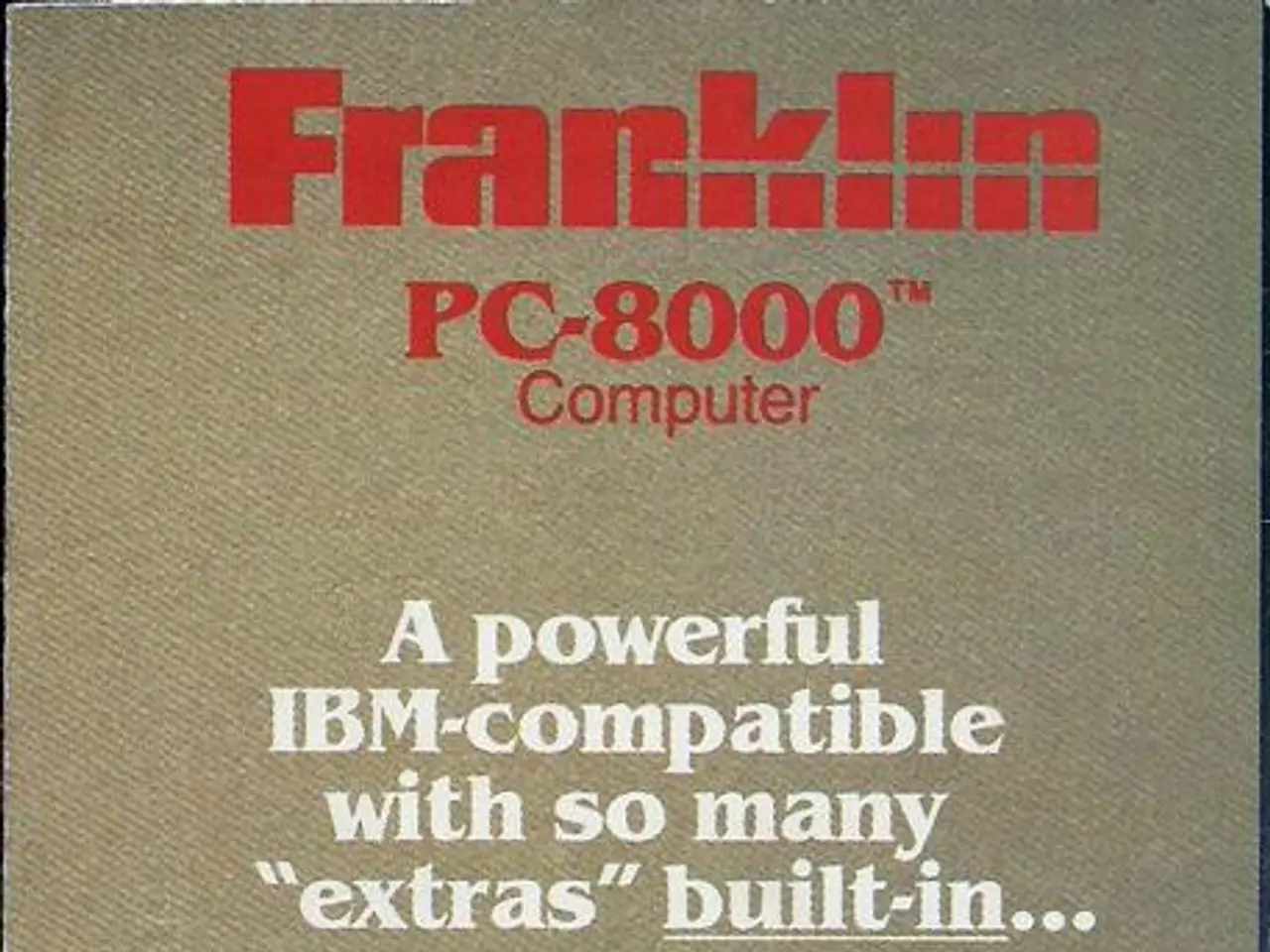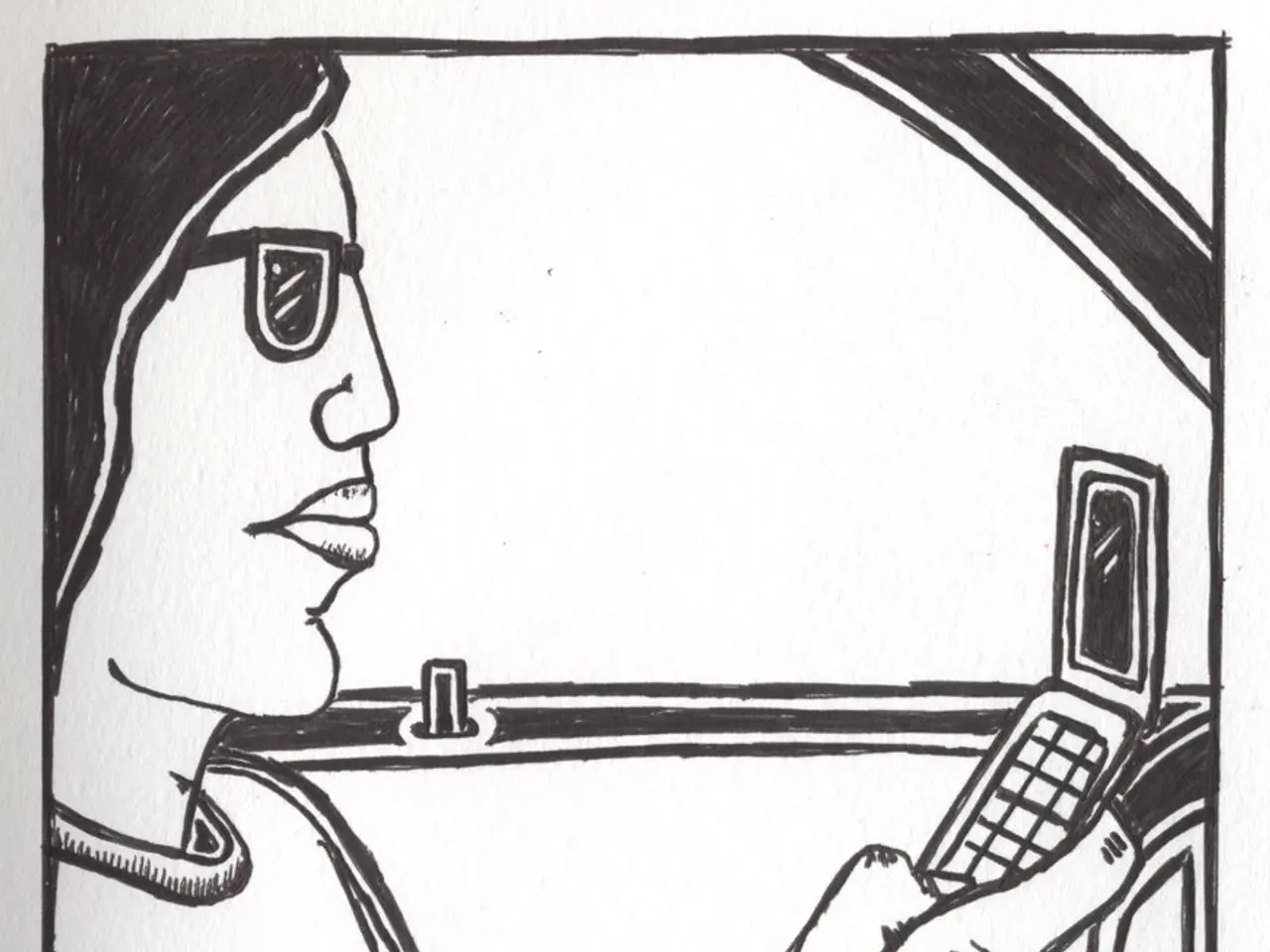Paypal's dominance could be on the wane
In the competitive world of digital payments, Zelle, a U.S. payment service, has made a significant stride by surpassing PayPal in peer-to-peer (P2P) transactions last year. With a total of 151 million users sending over 700 billion U.S. dollars via its P2P function, Zelle has solidified its position in the market [1].
PayPal, on the other hand, reported a P2P transaction volume of only 400 billion U.S. dollars last year [1]. Zelle's success is noteworthy, given its relatively recent launch in 2017, and its evolution from the payment service clearXchange, which was launched in 2011 [2].
However, PayPal's position in Europe remains strong but exhibits notable vulnerabilities due to the fragmented payment landscape and the presence of well-entrenched local payment providers [3]. European countries have strong local payment methods and wallets, such as Giropay and Sofort in Germany, Bizum in Spain, PayLib in France, Satispay in Italy, and BLIK in Poland [1].
These local solutions are deeply integrated into their respective banking systems and enjoy high user trust and adoption [1]. PayPal's adoption varies by country, with Germany and some other countries exhibiting strong PayPal usage, but other nations relying more heavily on local solutions [2][5].
European digital wallet market use at point of sale remains relatively low compared to bank cards, leaving room for local wallet growth [5]. If PayPal's competitive edge weakens, regional digital wallets like Bizum, Satispay, Giropay, BLIK, and PayLib—alongside emerging pan-European projects—are the main candidates to capitalize on that opportunity, similar to how Zelle gained traction in the U.S. [1][2][4][5].
One such emerging player is Wero, a Swedish provider scheduled to enter the e-commerce scene this summer [6]. Wero's Instant-SEPA transfer is faster than Zelle's Automated Clearing House (ACH) process [6].
PayPal is partially mitigating these risks by launching PayPal World, which integrates various international wallets and local payment systems, aiming for seamless cross-border payments and deeper local partnerships [4].
In conclusion, while Zelle's success in the U.S. presents a blueprint for potential growth in Europe, the fragmented European payment landscape and the presence of well-entrenched local payment providers pose challenges for PayPal. If PayPal's competitive edge weakens, regional digital wallets like Bizum, Satispay, Giropay, BLIK, and PayLib—alongside emerging pan-European projects and new entrants like Wero—are poised to capitalize on the opportunity.
References:
- The Information
- Business Insider
- Capco
- PayPal
- Statista
- Wero
The other digital wallets like Bizum, Satispay, Giropay, BLIK, and PayLib, along with emerging pan-European projects and new entrants such as Wero, could capitalize on potential weaknesses in PayPal's competitive edge in Europe, much like Zelle did in the U.S. technology and finance sectors. Given Europe's diverse digital payment landscape with deeply integrated local solutions, the success of PayPal could be challenged by business partnerships and innovative technology offerings from these regional players.




